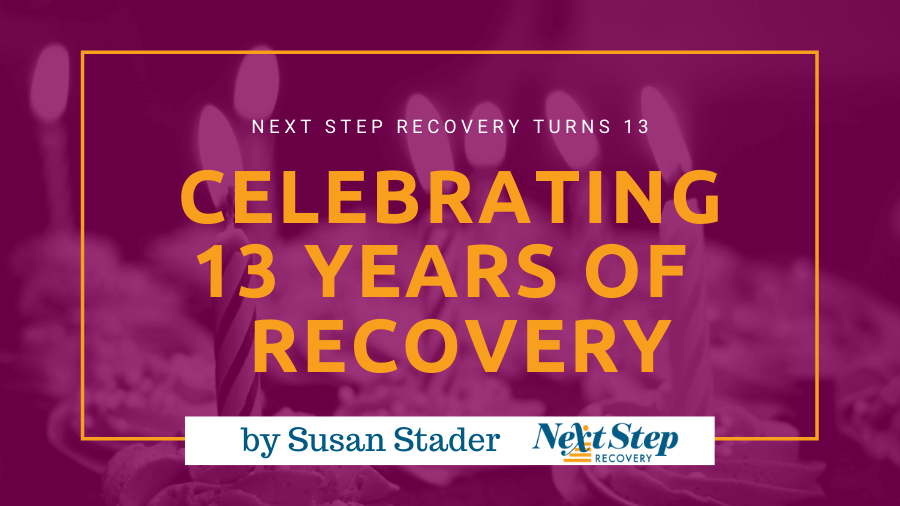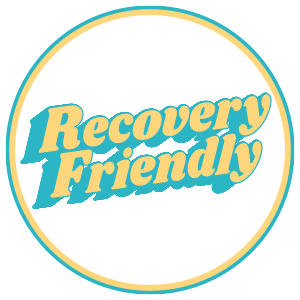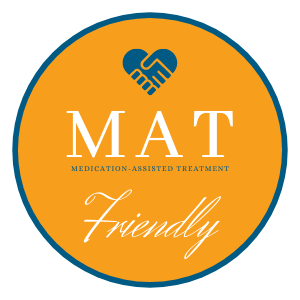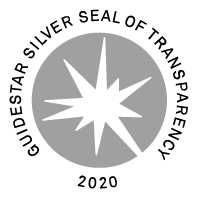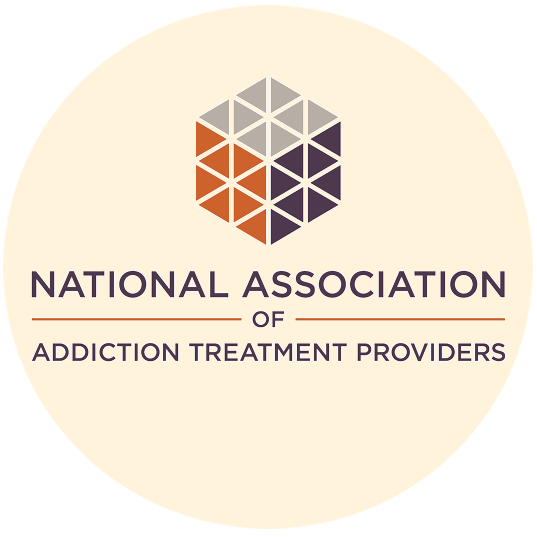In May 2018, we celebrated the anniversary of our founding and the beginning of our 12th year supporting men in early recovery from alcohol and substance abuse through highly structured recovery programs that include an intensive outpatient program and a sober living community with three recovery houses.
We recently have a conversation between Susan Stader, LPC, LCAS, CCS, program director Terry Streeter, CSAC, and former house manager and founding member, Toney Gause, to discuss what makes their transitional living program unique and what has helped it outlast many other recovery programs in the area and across the country.
Susan: It is still awesome to see how our residents grow up and become real men in the best sense of the word. As they move through our program and rebuild their lives, they become more responsible. They show up for their recovery and each other. They find jobs. They go back to school. They develop healthy relationships. They learn how to create boundaries. They set goals and achieve them. They graduate. They fall in love. They get married. They start families. And, through all of it, they continue to take care of themselves and their recovery using skills they learned and strengthened here with us.
Many of our alumni stay in touch with us, so we get to hear about all of these milestones and celebrate with them. In fact, we’re celebrating a lot of anniversaries right now.
Terry is celebrating 10 years in recovery and 9 years working at NSR of Asheville. I’m celebrating 29 years of marriage with my husband Hans who has supported me in my growth as a wife, mother, counselor and certified addictions specialist, and founding and directing a substance abuse recovery program for men. And we have more than a decade of alumni celebrating their ongoing recovery.
This is what’s most rewarding. These guys are like family to me. Seeing them do well, knowing how far they’ve come, always brings me joy.
Toney: NSR of Asheville is a family. That’s what makes it different from other programs.
When I worked alongside Susan at another substance abuse treatment program, she was so supportive. I could see she really understood recovery. She was like a sister to me. When she decided she was going to start her own sober living program and asked if I’d be willing to help her get it off the ground, I didn’t have to think about my answer for long.
When we started NSR of Asheville, we created a family that really cares about each other. That’s what I would tell the new guys when they first came to us after treatment. I’d see them come in at their wits end. I knew what they were going through. I had been there once myself.
Some of our residents’ families had turned their backs on them. I’d tell them, “You’ve got family here. We may not be your biological family, but we’re going to try and help you get through this.” And that’s exactly what we would do.
When I had to leave NSR of Asheville to move back home to take care of my father, it was really hard. I felt like I was leaving my other family behind.
Terry: I’d agree that we’re a family. When I’m not physically here, I’m checking on texts from residents or responding to emails from alumni who want to let me know how they’re doing. Or I’m on the phone checking in with Susan to let her know who needs extra support. There is not a day that goes by that I’m not grateful for the path that opened up for me at NSR of Asheville.
When I first started working here 9 years ago, I can remember Susan telling me that what was most important to her was making sure we didn’t harm anyone. That really got my attention. There are a lot of recovery programs out there, and many of them aren’t ethical or certified like NSR of Asheville. We’ve had a lot of residents who have dropped out of those programs and come to us very discouraged.
When people are in early recovery, they are vulnerable. We have to make sure what we are doing is really helping them. That’s why the structure and accountability we have at NSR of Asheville are so important. That’s what inspired me to get trained as a certified substance abuse counselor and a peer support specialist. I wanted to be sure I’m really helping the guys move forward in their recovery.
Susan: I know that the reason NSR of Asheville has lasted so long and has grown over the years is because we’ve created a safe community where people are treated with dignity and respect and given the support they need to be successful.
In my own recovery experience more than 30 years ago, I was in a community where that wasn’t always the case. Although it helped me get clean, it wasn’t always safe. When I worked with handicapped children in Pennsylvania, I saw how a healthy community helped people thrive. That’s the model we built on here.
When the opportunity to start a transitional living community in Asheville presented itself in 2006, I knew what I wanted to do. And I knew how to do it. Luckily, I’ve had the support of people like Toney and Terry who have helped me build on that vision over the years.
What I didn’t know then, but I do now, is how much this family would become part of my own family.
That’s really something to celebrate.
Know someone who might benefit from this post? Please like and share this post with them. Or, if you have questions or comments, please leave them below! We’re always looking for ways to keep the conversation about recovery going. Education is one the most powerful tools we have combat addiction.


